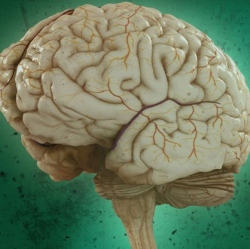
Just over 100 years ago, the German psychologist William Stern introduced the intelligence quotient test as a way of evaluating human intelligence. Since then, IQ tests have become a standard feature of modern life and are used to determine children’s suitability for schools and adults’ ability to perform jobs.
These tests usually contain three categories of questions: logic questions such as patterns in sequences of images, mathematical questions such as finding patterns in sequences of numbers and verbal reasoning questions, which are based around analogies, classifications, as well as synonyms and antonyms.
It is this last category that has interested Huazheng Wang and pals at the University of Science and Technology of China and Bin Gao and buddies at Microsoft Research in Beijing. Computers have never been good at these. Pose a verbal reasoning question to a natural language processing machine and its performance will be poor, much worse than the average human ability.
Today, that changes thanks to Huazheng and pals who have built a deep learning machine that outperforms the average human ability to answer verbal reasoning questions for the first time.
In recent, years, computer scientists have used data mining techniques to analyze huge corpuses of texts to find the links between words they contain. In particular, this gives them a handle on the statistics of word patterns, such as how often a particular word appears near other words. From this it is possible to work out how words relate to each other, in a huge parameter space.
The end result is that words can be thought of as vectors in this high-dimensional parameter space. the advantage is that they can then be treated mathematically: compared, added, subtracted like other vectors.
